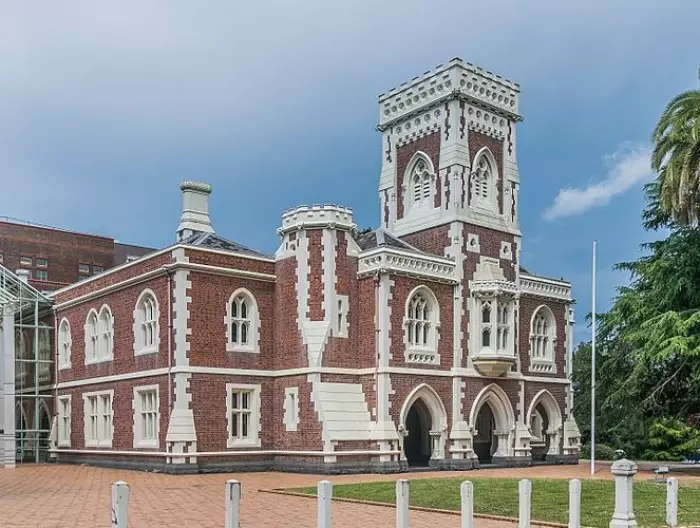A judge has upheld a decision by an insolvency industry body to bar convicted tax fraudster Imran Mohammed Kamal from membership on 'good character' grounds, despite errors in the way the body made its decision.
Kamal, a Wellington-based insolvency practitioner sought a judicial review of a decision declining his application for membership by the Restructuring Insolvency and Turnaround Association of New Zealand Incorporated (RITANZ).
Since Sept 1, new rules have meant practitioners must be registered to take on liquidation jobs. To do this they need RITANZ membership and then accreditation by the NZ Institute of Chartered Accountants (NZICA), also known as Chartered Accountants Australia and New Zealand.
According to the judgment from Justice Christine Gordon, RITANZ alleged that while Kamal met four of the five criteria in its rules governing membership he did not meet the “good character” requirement.
Kamal, who was convicted of tax fraud in 2013, argued the decision by RITANZ refusing his membership application was legally flawed and should be set aside.
He wanted RITANZ to grant him a conditional licence.
His lawyer Matthew Smith argued NZICA had the power to grant conditional licences, and RITANZ should do the same. He said “RITANZ might say you are either fit and proper or you are not”, but risk-mitigating factors should be taken into account.
However, the judge said that “regardless of the errors I have found, if I were to quash the decision and send it back to the panel for reconsideration, his application for membership of RITANZ founded on passing the 'good character' test because of conditions, could not be granted. Therefore, despite the errors I have found I do not quash the decision".
Panel erred
She said the panel erred in law in its decision by not referring to and assessing the significance of three matters in making its 'good character' assessment in a forward-looking way.
These included: mitigating features of the tax offending identified in the district court judge’s sentencing decision; Kamal’s acknowledgment of his error in his conduct referred to by Associate Judge Roger Bell and Kamal’s acknowledgment he would not make that same mistake again; and finally Kamal’s responses to the 2020 NZICA decision.
She also said the panel erred in stating Kamal had not satisfied the panel that he would have sought regulatory approval for a proposed arrangement between himself and David Thomas, an accredited and licensed insolvency practitioner, that Thomas had said was "not in the spirit of the law".
The finding was unfair and was a breach of natural justice, she said.
Regarding costs, she said Kamal had achieved limited success, failing on his main argument that the relevant legislation contemplates licences may be issued with bespoke or individual specific conditions imposed to satisfy the “fit and proper” person test.
“However, I have accepted that there were some errors in the decision under review and I have made a declaration to that effect,” she said.
“But I have not quashed the decision."
A decision on costs is reserved as parties have not submitted on that issue.
This article has been updated to clarify David Thomas did not have an arrangement with Kamal.














